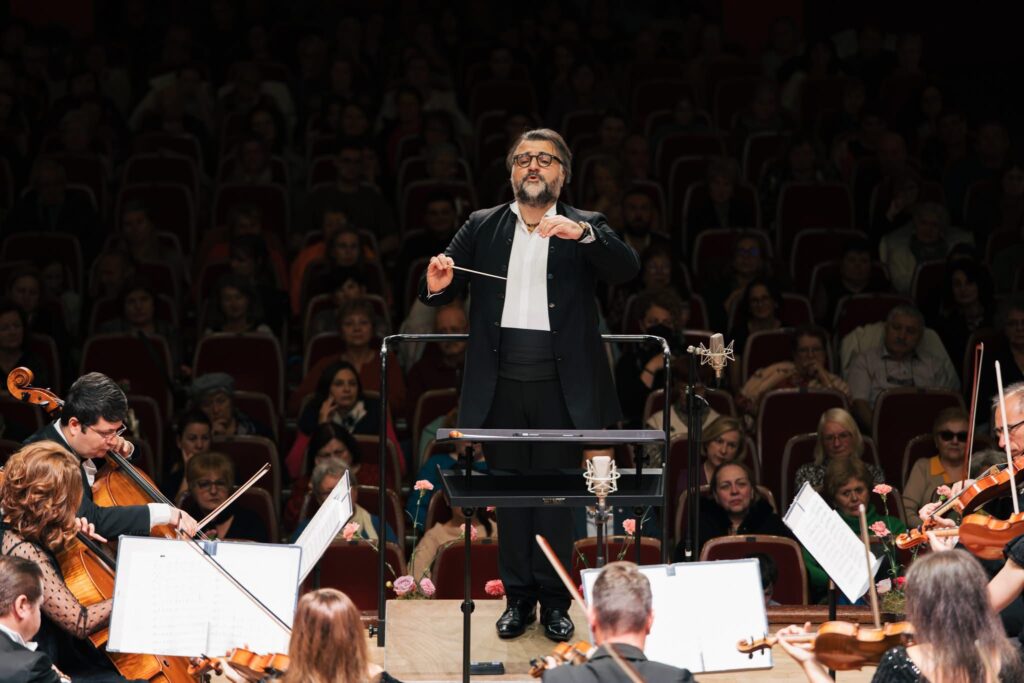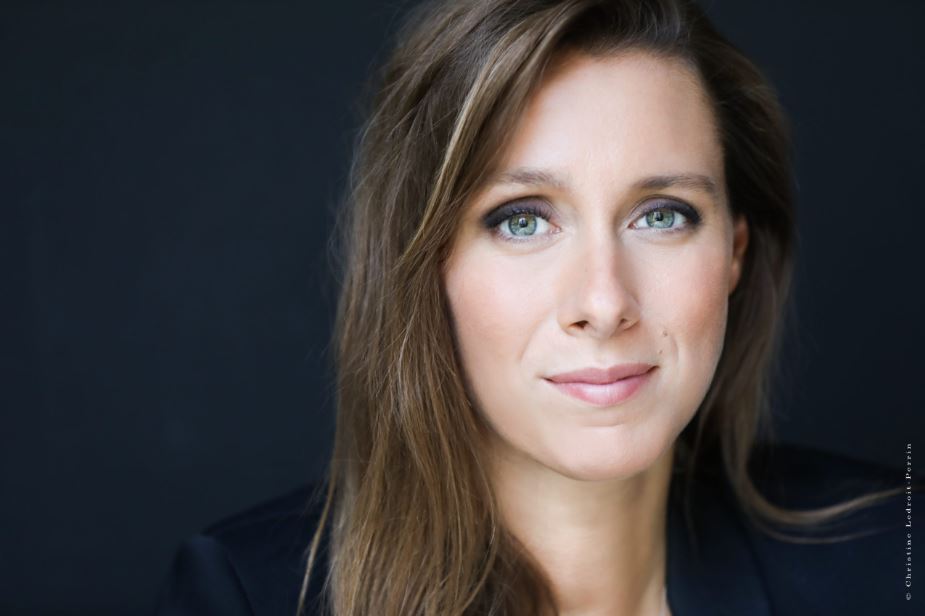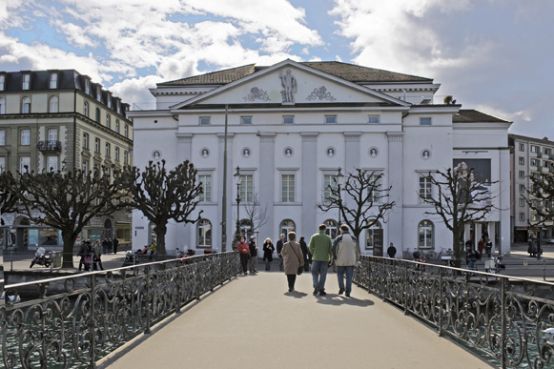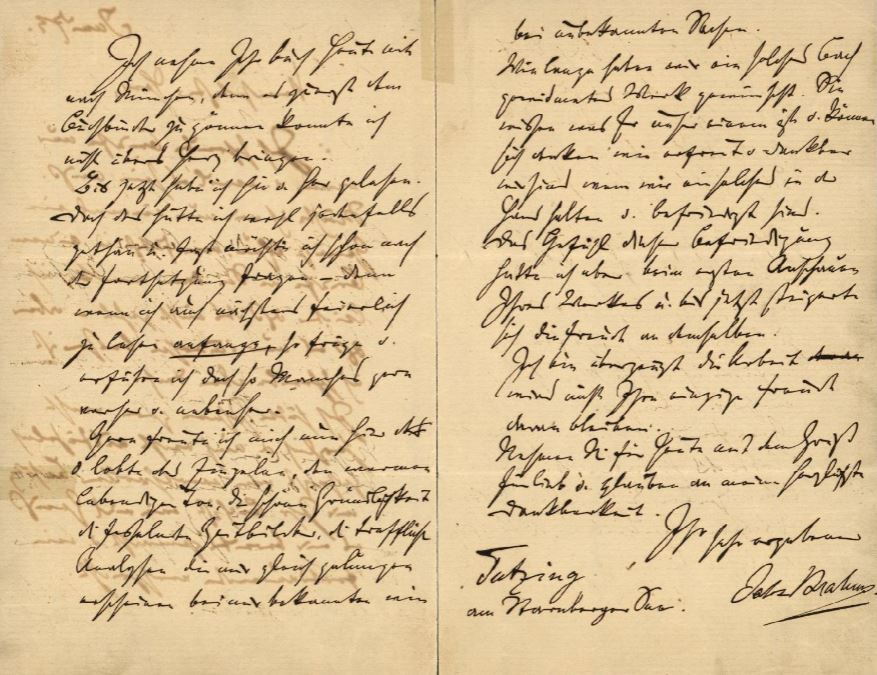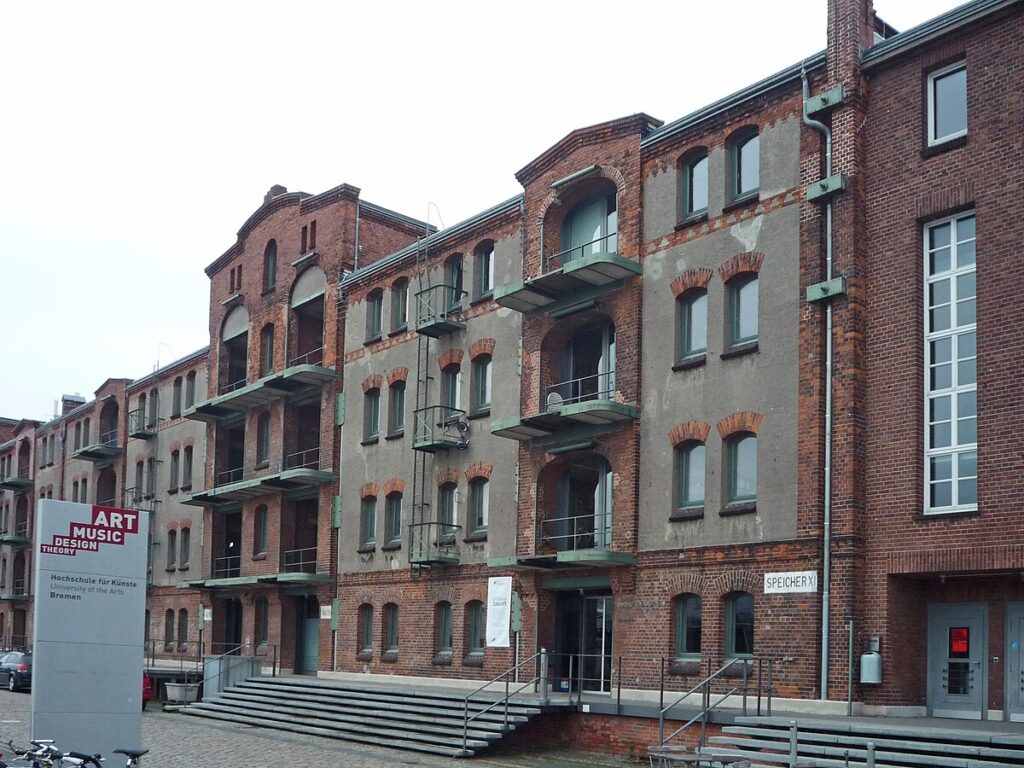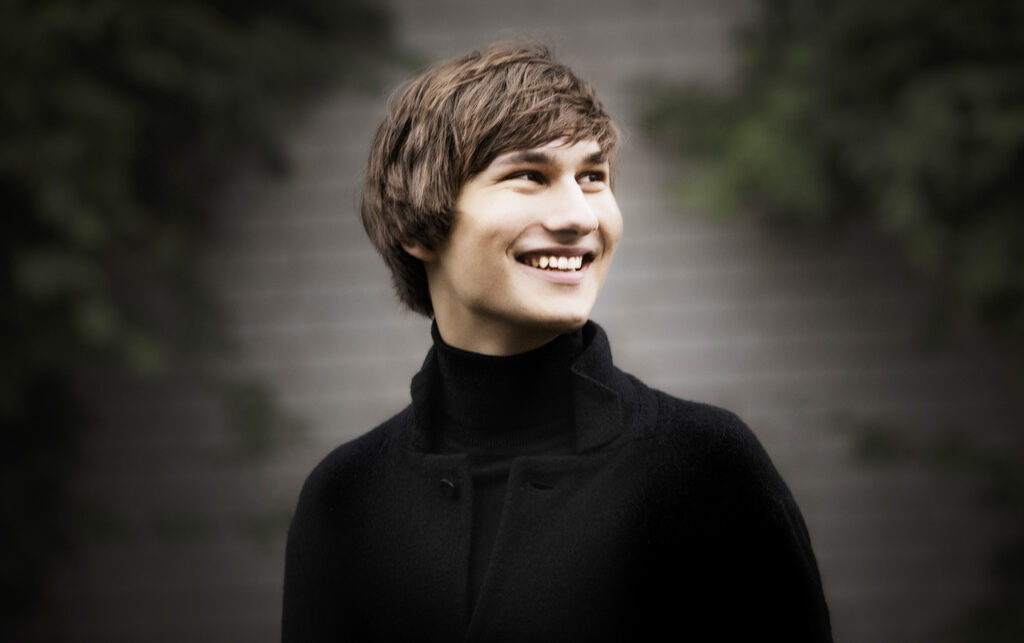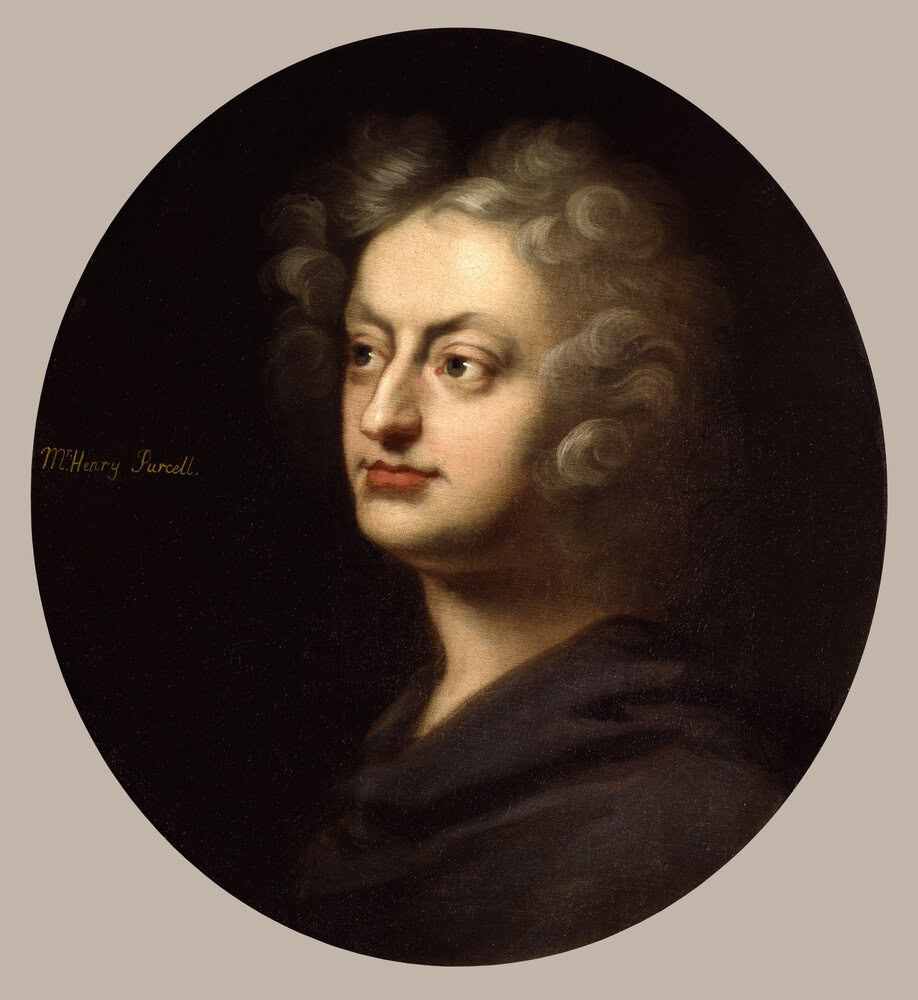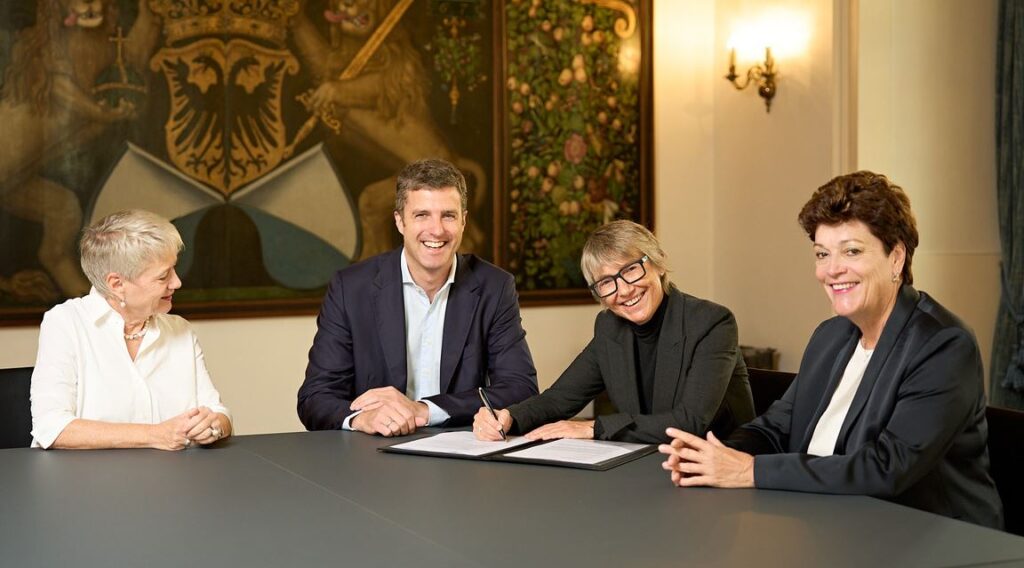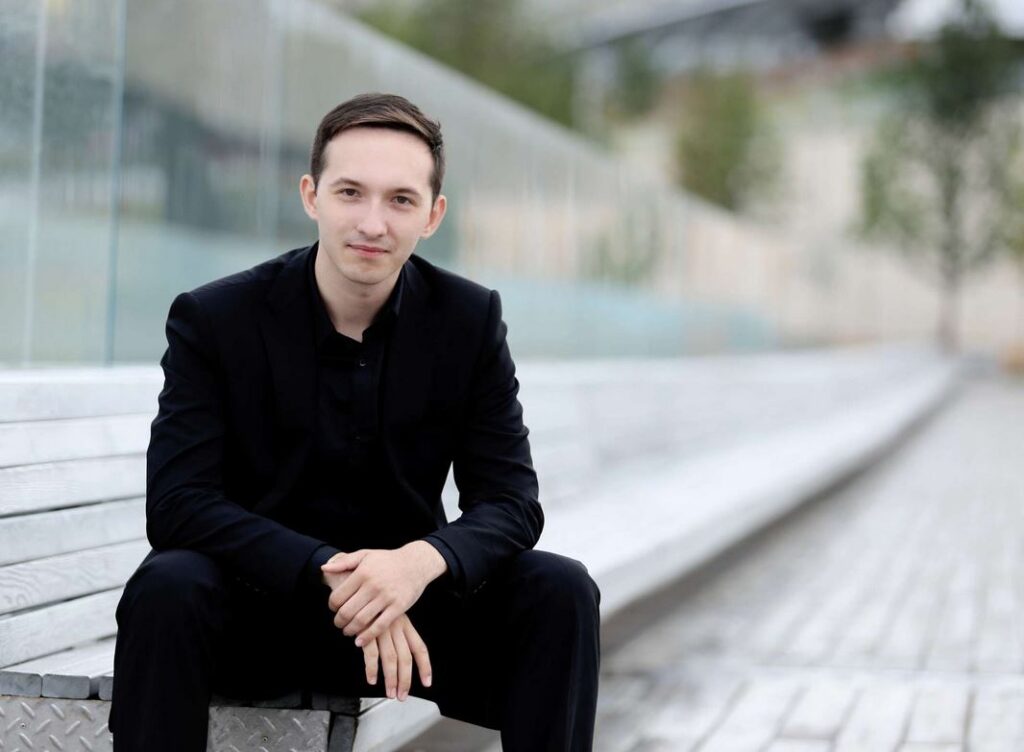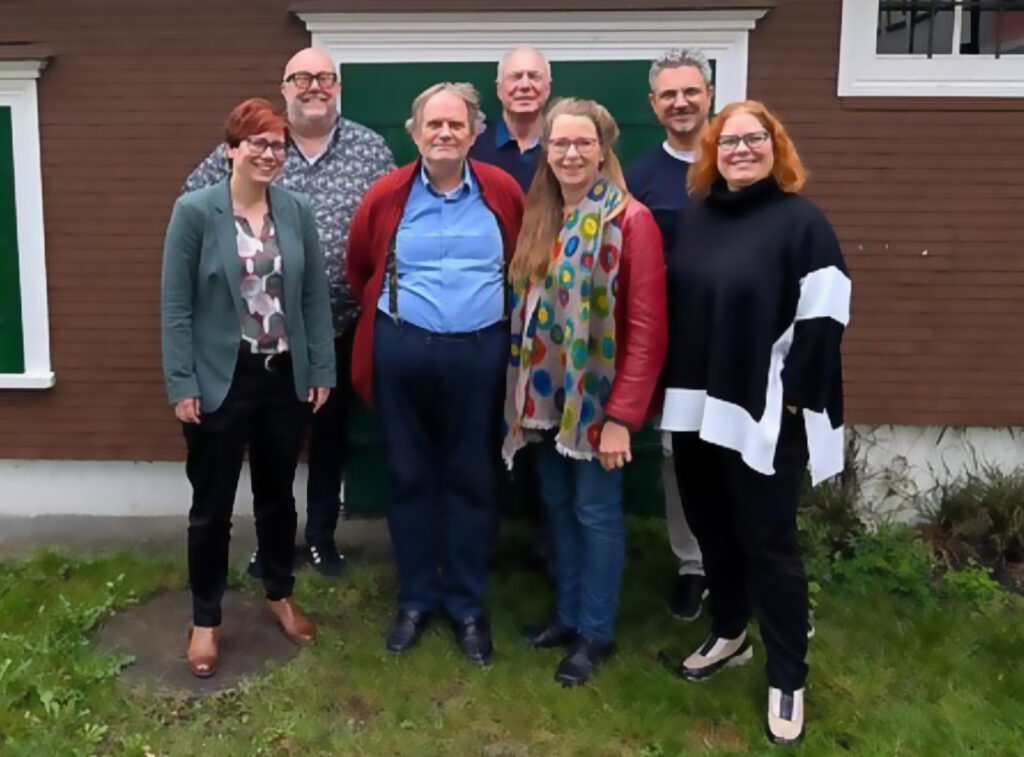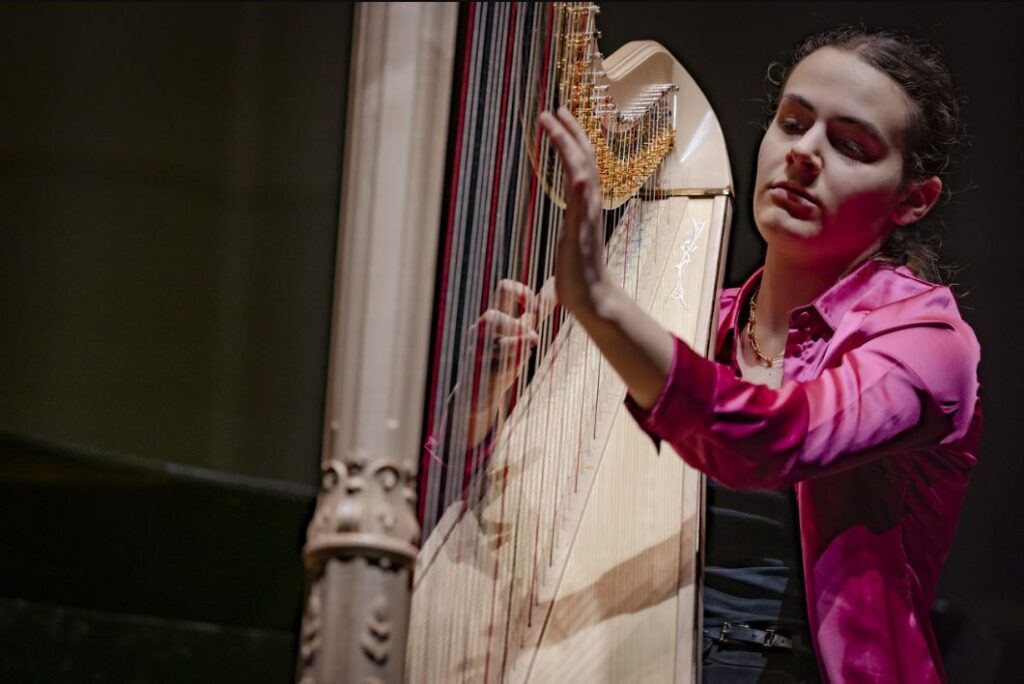Kobi takes over artistic direction of the Bern Music Festival
Bernese saxophonist Christian Kobi has been appointed artistic co-director of the Bern Music Festival. He succeeds Martin Schütz in this position.
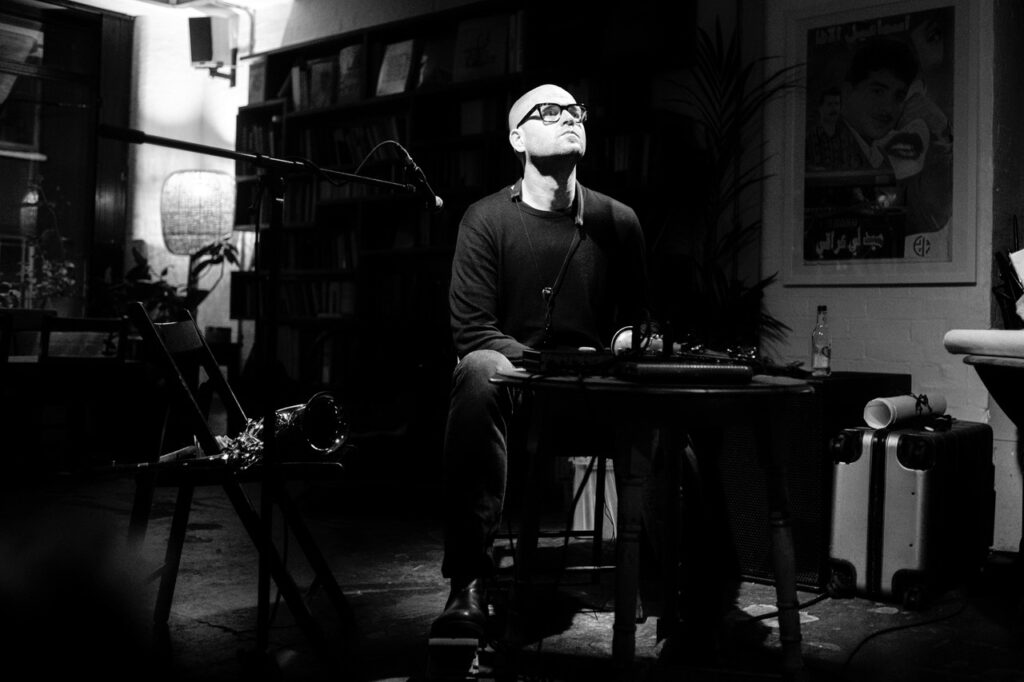
Christian Kobi is a saxophonist and regularly performs solo and as a member of the Konus Quartet; he is the initiator and director of the "zoom in" festival for improvised music, a lecturer in improvised music at Bern University of the Arts (HKB) and winner of the Music Prize of the Canton of Bern. Martin Schütz is stepping down from the committee after nine festival editions. He has been a member of the co-directorship since 2016 and has been a strong advocate of improvised music during this time.
Jointly organized by personalities from Bern's musical life, ensembles from the independent scene, Bernese cultural organizers and institutions, the Bern Music Festival, under the artistic direction of a multi-member board of trustees, is a platform for the music scene in the city and canton of Bern; it strives for national and international appeal. The stylistic spectrum ranges from old to contemporary, from improvised and experimental to electronic music. The festival takes place annually over five days under a common theme.
In addition to Christian Kobi, Tamriko Kordzaia, Vera Schnider and Thomas Meyer are members of the festival's board of trustees. The next edition will take place from September 2 to 6, 2026 on the theme of "Lightning".






